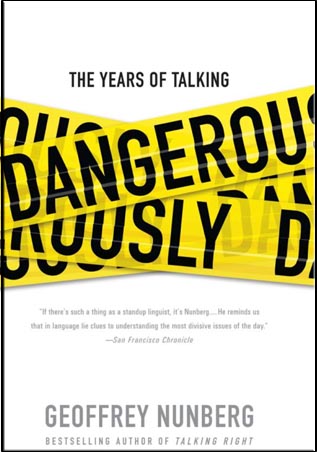Lying by telling the truth?
Reader IL writes:
A former Prime Minister here (John Major) has just criticised another one (Tony Blair) in the following terms:
"(Major) said: 'I had myself been prime minister in the first Gulf War, and I knew when I said something I was utterly certain that it was correct, and I said less than I knew. I assumed the same thing had happened and on that basis I supported reluctantly the second Iraq war.'"
Myself, I've always been sceptical of the popular point of view that Blair "lied" or was dishonest about the case for war (I tend to think he was guilty of bad judgement). I'm interested in Major's criticism because it suggests that he and other MPs were (quite reasonably) supposing that Blair was playing some kind of conventional language game in his public statements that he wasn't, in fact, playing, and that this led to a massive misunderstanding. That is, they were supposing that he was lying by omission (saying "less than he knew"). In fact, he was – you might say – misleading by telling them what he thought was the truth.
Read the rest of this entry »

